Biomedical Engineering
-

Engineering doctoral student is Vanderbilt’s first recipient of Rabi Young Investigator Award
Vanderbilt engineering graduate student Sai Abitha Srinivas received the I.I. Rabi Young Investigator Award at the 2022 meeting of the International Society for Magnetic Resonance in Medicine, held May 7-12 in London. This award is recognition for her work to improve image quality in portable MRI systems with minimal passive shielding that could reduce the... Read MoreJun 3, 2022
-

Moms who research moms: Spotlighting VU research on motherhood
They say motherhood is the toughest job you’ll ever love. That’s true for this group of Vanderbilt researchers, who’ve built successful careers around researching various aspects of parenthood while raising their own children. Read MoreMay 5, 2022
-
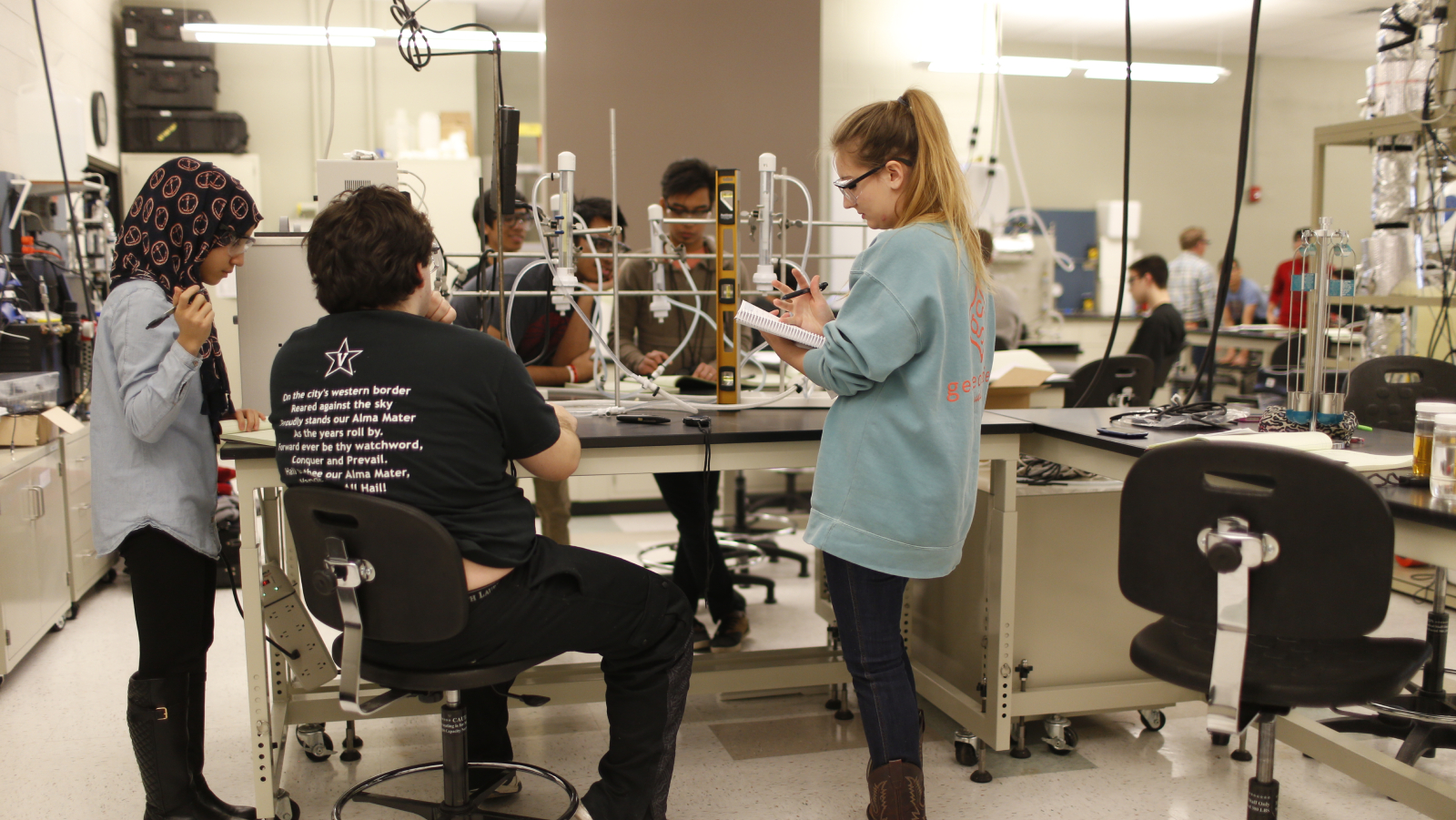
Nineteen engineering students awarded prestigious NSF Graduate Research Fellowships
Sixteen engineering graduate students have been awarded the highly competitive government-funded National Science Foundation Graduate Research Fellowship. Three engineering undergraduate students also received NSF fellowships. Read MoreApr 29, 2022
-

Nineteen engineering students awarded prestigious NSF Graduate Research Fellowships
Biomedical engineering nets more than any BME department in the country with 10 Sixteen engineering graduate students have been awarded a highly competitive government-funded National Science Foundation Graduate Research Fellowship. Three engineering undergraduate students also received NSF fellowships. NSF Fellows receive a three-year annual stipend of $34,000 along with a $12,000 allowance for tuition and fees... Read MoreApr 29, 2022
-
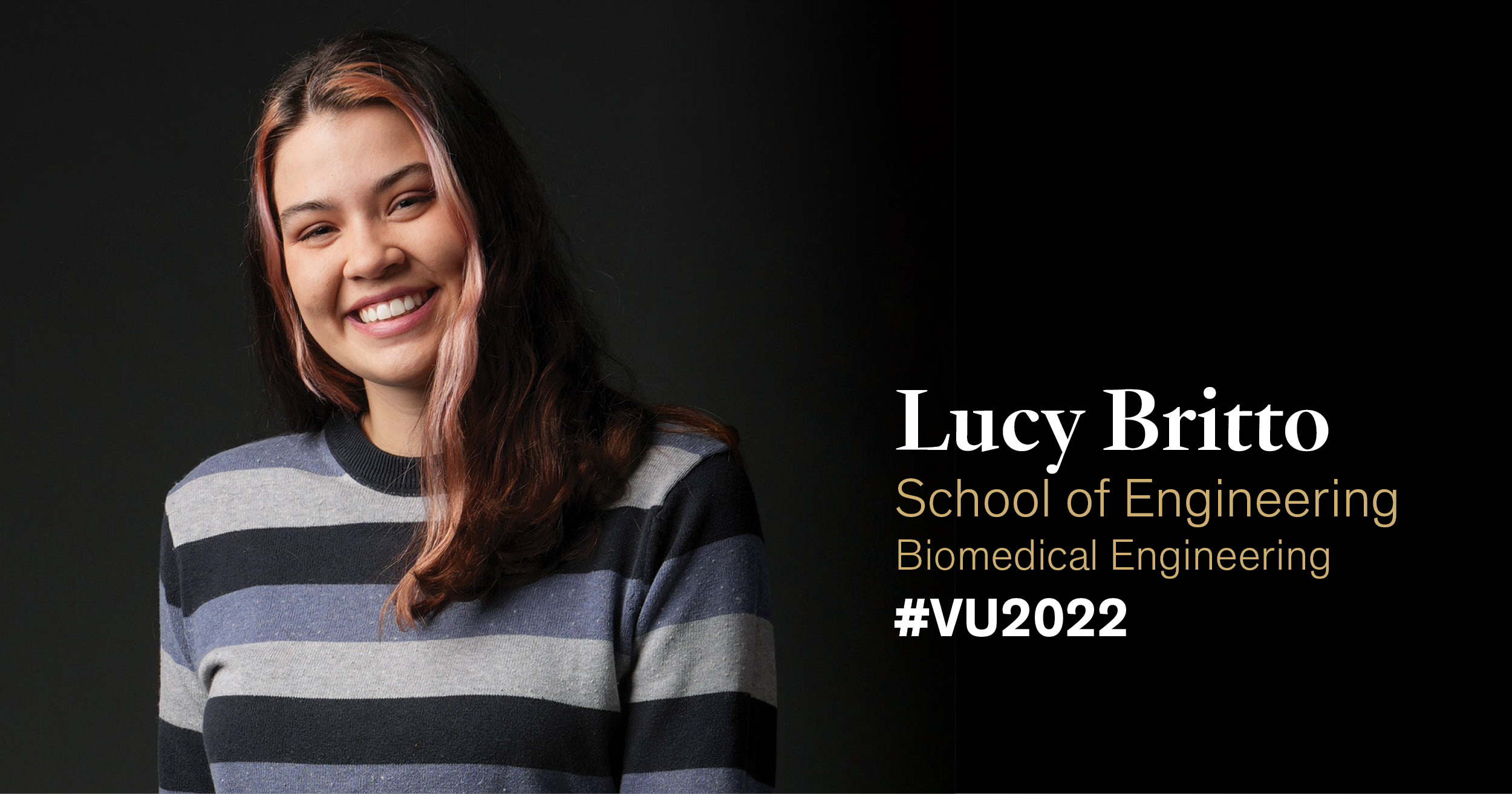
Class of 2022: Lucy Britto broadens access to biomedical science community through mentoring
When digging into a scientific challenge, biomedical engineering major Lucy Britto aims to do more than solve a problem. She also wants to open doors to the scientific community by helping others understand the solution and broadening access for traditionally underrepresented groups. Read MoreApr 26, 2022
-

International collaboration reveals how the human brain evolved to harness abstract thought
By Marissa Shapiro THE IDEA The human brain is organized in functional networks—connected brain regions that communicate with each other through dedicated pathways. That is how we perceive our senses, how the body moves, how we are able to remember the past and plan for the future. The “default mode” network is the part of... Read MoreApr 12, 2022
-

International collaboration reveals how the human brain evolved to harness abstract thought
By Marissa Shapiro THE IDEA The human brain is organized in functional networks—connected brain regions that communicate with each other through dedicated pathways. That is how we perceive our senses, how the body moves, how we are able to remember the past and plan for the future. The “default mode” network is the part of... Read MoreApr 12, 2022
-
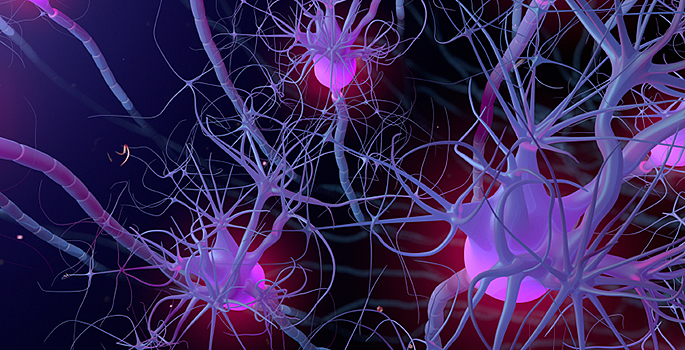
Research Snapshot: International collaboration reveals how the human brain evolved to harness abstract thought
Collaboration across seven laboratories, in five institutions, across three countries and led by Vanderbilt researchers addresses fundamental questions about the organization and evolution of the human brain. Est. reading time: 1.75 mins. Read MoreApr 12, 2022
-

Study finds 10-second videos predict blood cancer relapse
Biomedical engineering prof says study raises the prospect of a new application of diagnostic optical biopsy by Paul Govern In a new study from Vanderbilt University Medical Center, 10-second videos of white blood cell motion in the skin’s microvasculature greatly improved the prediction of which stem cell and bone marrow transplant patients would have a relapse... Read MoreApr 4, 2022
-
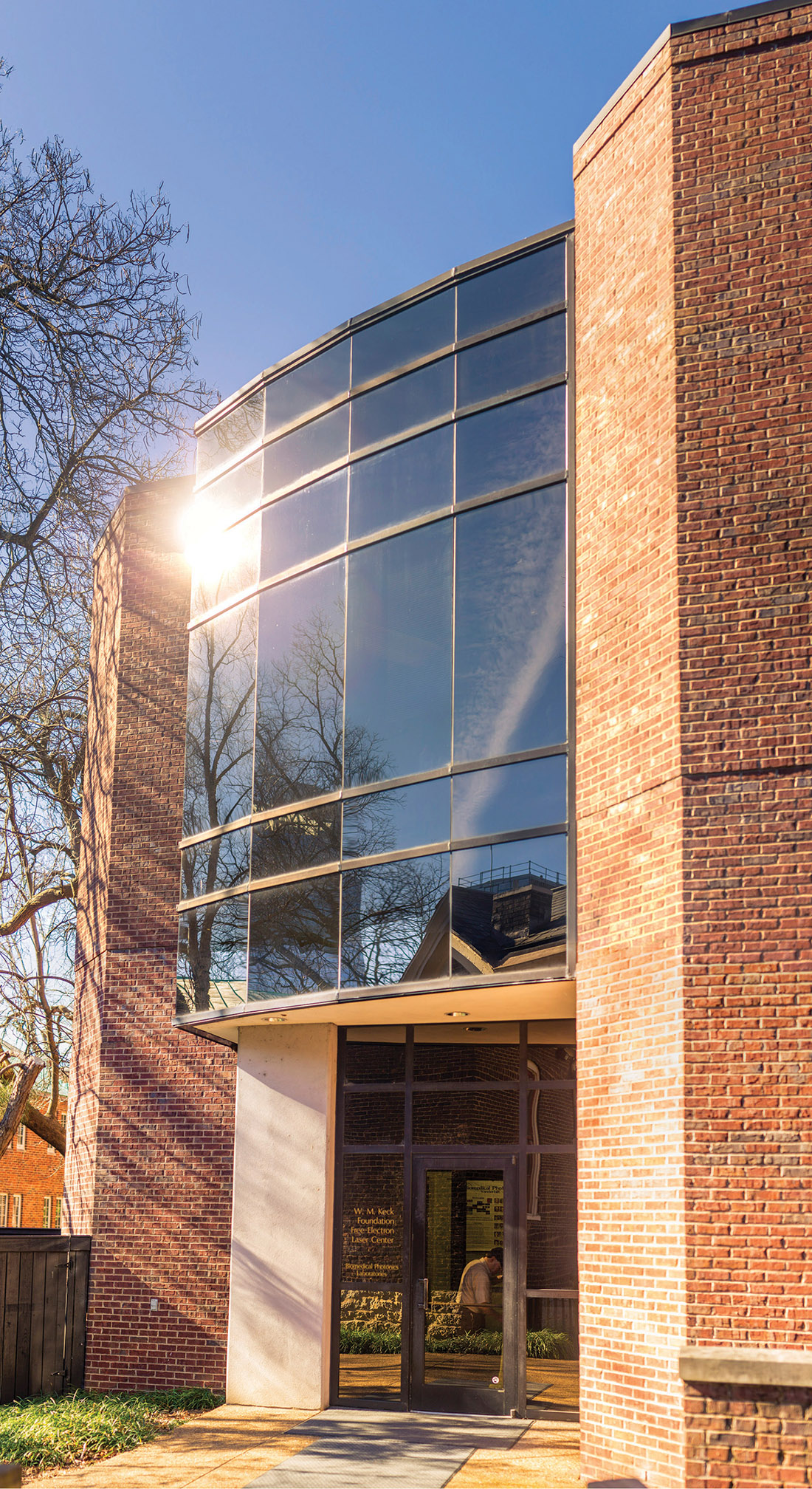
Justin Baba named associate director of Biophotonics Center at Vanderbilt
Justin Baba, research associate professor of biomedical engineering, has been named associate director of the Biophotonics Center at Vanderbilt. In this new role, he will oversee educational programs. Read MoreMar 29, 2022
-

King named chair-elect of AIMBE College of Fellows
Michael King, J. Lawrence Wilson Professor of Engineering and chair of the Department of Biomedical Engineering, has been named chair-elect for the American Institute for Medical and Biological Engineering’s College of Fellows. Read MoreMar 28, 2022
-

Rubinov awarded $1.1M to study molecular underpinnings of human brain networks on a large scale
Mikail Rubinov, assistant professor of biomedical engineering, computer science, psychiatry and psychology, has been awarded a four-year, $1.1 million grant from the National Institute of Mental Health to better understand the development and organization of brain networks, as well as their change in development and aging. Rubinov and his collaborators will link aspects of gene expression and... Read MoreMar 17, 2022
-

Biomedical engineer awarded $1.1M to study molecular underpinnings of human brain networks on a large scale
Mikail Rubinov, assistant professor of biomedical engineering, computer science, psychiatry and psychology, has been awarded a four-year, $1.1 million grant from the National Institute of Mental Health to better understand the development and organization of brain networks, as well as their change in development and aging. Read MoreMar 17, 2022
-

Wikswo, VIIBRE team on track to build third-generation ‘self-driving lab’ with $1M from NSF
John Wikswo, founder and director of the Vanderbilt Institute for Integrative Biosystems Research and Education and Gordon A. Cain University Professor, is the principal investigator of a $1 million award from the National Science Foundation. The object is to build a pathbreaking “robot scientist”—a fully automated microfluidic system for parallel, independent, long-duration, machine-guided experiments. The... Read MoreMar 5, 2022
-

Wikswo, VIIBRE team on track to build third-generation ‘self-driving lab’ with $1M from NSF
John Wikswo, founder and director of the Vanderbilt Institute for Integrative Biosystems Research and Education and Gordon A. Cain University Professor, is the principal investigator of a $1 million award from the National Science Foundation. The object is to build a pathbreaking “robot scientist”—a fully automated microfluidic system for parallel, independent, long-duration, machine-guided experiments. The... Read MoreMar 5, 2022
-

Wikswo and VIIBRE team on track to build third-generation ‘self-driving lab’ with $1M from National Science Foundation
Vanderbilt and Chalmers University of Technology are teaming up to build a self-driving biological laboratory that uses microfluidics, artificial intelligence and machine learning to create a third-generation robot scientist that designs and conducts the massive number of experiments needed to fully characterize cellular signals and pathways and optimize biotechnologies. Read MoreMar 4, 2022
-

Engineering professor Bowden receives Lewis Latimer Fellowship for Black innovators
Audrey K. Bowden, Dorothy J. Wingfield Phillips Chancellor Faculty Fellow and associate professor of biomedical engineering and electrical engineering, has received a 2022 Lewis Latimer Fellowship. The exclusive program offers only six fellowships per class, and fellows are selected through a rigorous nomination process. Read MoreFeb 25, 2022
-

Multicenter team seeks to create at-home artificial lung system
Vanderbilt team to focus on engineering, testing the device by Matt Batcheldor Vanderbilt University Medical Center will share in an $8.7 million federal grant to create an artificial lung system that patients with incurable lung disease can use at home. The Department of Defense Congressionally Directed Medical Research Program (CDMRP) grant will fund research to create... Read MoreFeb 24, 2022
-

Blending hobbies and academic research is a thought to ‘harp’ on
Second-year Ph.D. student Mayna Nguyen recently combined a longtime hobby with her study of biomedical optics with dazzling results: a playable laser harp that embodies both her love for the instrument and her research into photonics. Read MoreFeb 21, 2022
-
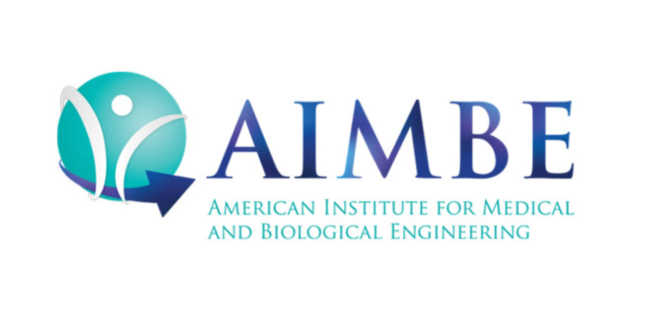
Two Vanderbilt engineering professors elected into AIMBE’s College of Fellows
Christos Constantinidis, professor of biomedical engineering, and Zhaohua Ding, research professor of electrical engineering, have been elected to the 2022 class of the American Institute for Medical and Biological Engineering’s College of Fellows. Recipients of this honor are chosen for exceptional leadership and achievements in medical and biological engineering. Read MoreFeb 18, 2022